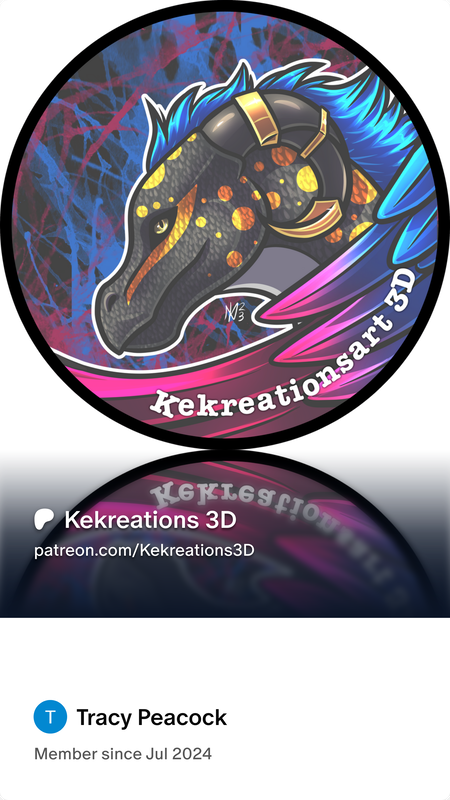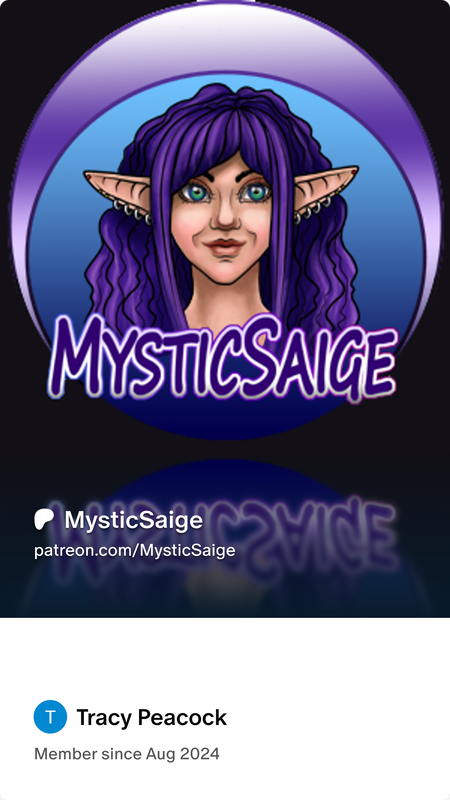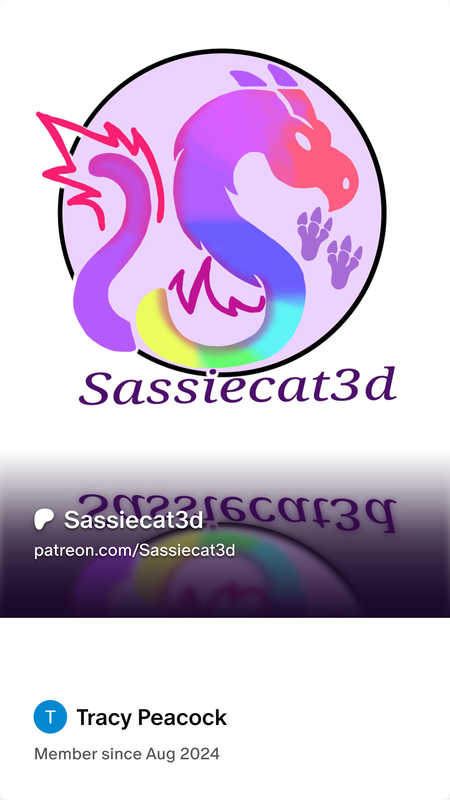|
Yes, tabletop role-playing games (TTRPGs). For some, they’re an elaborate game of fantasy, a chance to wield swords, weave spellbinding tales, or just toss some dice with friends while pretending to be a wizard (who wouldn’t want to be a wizard?). But here’s the hidden gem: these games are also a fantastic playground for honing emotional skills! Yes, you read that right. Your role as a half-elf bard or a grumpy dwarf can lead you to become more emotionally intelligent in real life. Let’s take a whimsical dive into how TTRPGs help you express yourself and gain emotional skills.
Understanding Emotional Skills.What Are Emotional Skills, Anyway? Before we get all lost in dungeons and dragon lore, let’s talk about what emotional skills are. Think of emotional skills as your emotional toolkit. They include your ability to **understand**, **express**, and **manage** your emotions. Whether you’re feeling ecstatic after rolling a critical success or utterly devastated by your character’s untimely demise, emotional skills are about recognizing how you feel and interacting with others effectively. For all the 18-35-year-olds out there (this could very well be your time to shine!), these skills are particularly essential. They can transform awkward dating scenarios and team projects into something harmonious. Mastering emotional skills can lead to healthier relationships and improved mental well-being, which is a win-win. How TTRPGs Develop Emotional Skills. A Safe Space for Expression: Imagine you just spent four hours in a smoky tavern role-playing with your friends, crafting riveting stories, and engaging in epic battles. Suddenly, after fighting a dragon, you realize that expressing your emotions is as easy as rolling dice! In TTRPGs, you get to channel your inner feelings through your character, which creates a wonderfully safe space for expression. I vividly remember playing as a character named “Fredo the Fearless,” who was anything but fearless. In one session, Fredo’s backstory unfolded as I poured out my own insecurities. Did it feel weird? Absolutely! But it also allowed me to confront feelings I hadn’t realized were bubbling beneath the surface. Each time Fredo faced his fears (which usually meant screaming and running toward the problem), I learned a little more about expressing my emotions in real life. Enhancing Empathy: Empathy, the superpower that allows you to feel what someone else feels, is like gold in modern interactions. TTRPGs require you to immerse yourself fully in characters with different backgrounds, motivations, and experiences. Want to play an evil overlord? You may not relate to their dastardly deeds, but you’ll get to unravel their twisted logic. When playing a half-orc barbarian who lost everything, I felt genuine sorrow for my character’s tragic tale. That moment resonated with me in a way that translated to real life. I found myself being more empathetic in my own relationships. When a friend shares their struggles, I remember my time being *Frodo the Reluctant*, and I understand that behind every battle, there’s a story. Practical Emotional Skills Gained from TTRPGs. Active Listening: In TTRPGs, listening is paramount. Each player weaves their tale, and as a team, you build a collaborative narrative. This game of shared storytelling emphasizes the importance of listening—both for the plot twists and for emotional cues. During my last campaign, my fellow player, Claire, detailed her character’s tragic backstory about losing her family to bandits. Everyone at the table was glued to their seats, nodding empathetically as she unfolded her story. Active listening became a part of the game; it wasn’t just about rolling dice; it was about hearing each other. When I left that session, I realized listening skills sharpened in the gaming world had also drifted into my daily life. I found myself more attentive in conversations. Suddenly, I wasn’t just waiting for my turn to speak; I was genuinely absorbing others’ words. Conflict Resolution: Ah yes, the joy of conflict resolution! A TTRPG isn’t complete without its fair share of in-game squabbles. Whether it’s a disagreement over a dice roll or a heated debate about how to defeat a particularly nasty goblin horde, learning to navigate these conflicts is essential. I recall a game where I played a suave thief named “Nox.” Tensions rose when two players couldn’t agree on how to divide the loot after a successful heist. Instead of diving headfirst into bickering, we discussed our characters' motivations—who needed the gold the most, who had the biggest slice of pie to begin with. We came to a compromise, and the loot was divided fairly, and dynamics strengthened. This scenario taught me invaluable lessons about addressing conflict calmly and collaboratively. Now, when faced with disagreements at work or in relationships, my instinct isn’t to argue; it’s to communicate and resolve issues as effectively as we did at the table. Non-Verbal Communication: TTRPGs aren’t just about what comes out of your mouth; they’re also about the body language and expressions that accompany every action. Want to play a character who can convince others? You’ll have to master the art of the “smirk” or the “gritty glare.” The sense of improvisation at play teaches us a lot about non-verbal cues. During one particularly thrilling session, I played a bard—not the type to strum a lute softly in the corner, but one who made his presence felt with flamboyant gestures. That day, I learned how to convey humor and charisma without saying a word! After that campaign, I started paying attention to how others communicated non-verbally. It became easier to recognize when a friend was upset, even if they didn’t say a word. Understanding body language opens a whole new avenue of communication. Communicative Expression Through TTRPGs. Storytelling Techniques: Every TTRPG session is a chance to tell a story. Whether it’s concocting an incredibly intricate character backstory or simply sharing what your character did last session, storytelling fosters an environment of self-expression. I once based a character on my own life experiences—a young adventurer struggling to find a place in the world. Sharing his journey was cathartic. It evoked memories and feelings I hadn’t fully expressed. By figuring out how to articulate my character’s feelings, I also learned how to share my own emotions better with those around me. By practicing storytelling techniques through TTRPGs, you build the confidence to share your own narrative in everyday conversations. Whether it’s with friends at a hangout or during a presentation at work, these skills matter! Use of Humor and Creativity: Let’s be real: TTRPGs allow you to unleash your inner comedian. The balance of humor in gameplay is critical—it creates a bond among players, diffuses tension, and lightens the mood. Through spontaneous humor, players learn to take emotional risks. One of the funniest moments in my gaming journey was when my character accidentally turned into a giant chicken while attempting a powerful spell! The laughter that ensued not only created a great memory but also helped us all relax. This playful expression inspires you to embrace humor in real life. When uncomfortable situations arise, you can choose to inject a bit of humor—just like that infamous giant chicken incident in our campaign. It’s an emotional skill that transforms awkwardness into lighthearted camaraderie. Real-Life Applications of Emotional Skills from TTRPGs. Professional Environments: Picture this: you’re in a brainstorming meeting at work. Everyone is tossing ideas around, and suddenly there’s a disagreement. In that moment, the emotional skills you developed through TTRPGs kick in. You can listen actively, negotiate calmly, and suggest creative solutions. When I applied these techniques in a recent project discussion, I noticed how everyone responded positively! The room felt less tense, and everyone felt heard. By taking what I learned from the gaming table into my work life, I found success in fostering collaboration. Personal Relationships: Let’s face it: relationships can be tricky. Yet with the emotional skills you’ve developed through TTRPGs, you’re on a solid path toward healthier connections. By honing empathy, listening, and conflict resolution skills, you can better support those you care about. I remember a time when a close friend faced challenges in their personal life. Utilizing the empathy I gained from TTRPGs, I was able to connect with their emotions. The unique angle I took as their “adventurer” allowed them to frame their perspective in a playful light. It opened up a deeper discussion about their struggles, leading to a more supportive bond. Conclusion: So there you have it, folks! TTRPGs offer more than just fantasy escapism; they’re a treasure trove of emotional skill-building. From developing empathy to mastering communication, these tabletop adventures teach us that expressing ourselves doesn’t have to be daunting. Next time you gather around the table, think about what you can glean from your character’s experiences and your fellow players’ stories. And if you’re new to TTRPGs, take the plunge—try a session! Who knows? You might just come away with skills that transform not only your game but your life as well. Additional Resources: - **Recommended TTRPGs for Beginners**: 1. **Dungeons & Dragons**: A classic entry point. 2. **Fiasco**: A fun, unpredictable disaster of a game. 3. **Monster of the Week**: Perfect for fans of supernatural storytelling. - **Online Communities**: 1. Reddit’s **r/RPG** community for discussions and advice. 2. Facebook groups centered around TTRPGs for finding local players. - **Further Reading**: 1. “Emotional Intelligence” by Daniel Goleman. 2. “The Art of Game Design: A Book of Lenses” by Jesse Schell. So gear up, adventurer! Your emotional journey awaits, and the dice are waiting to roll.
0 Comments
Leave a Reply. |
Archives
December 2024
Categories |








 RSS Feed
RSS Feed